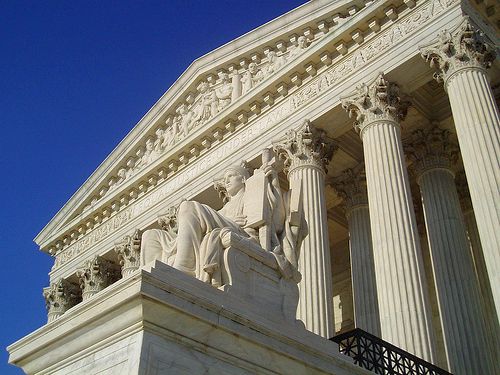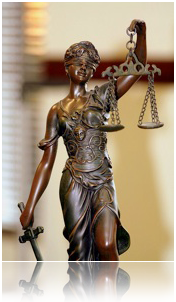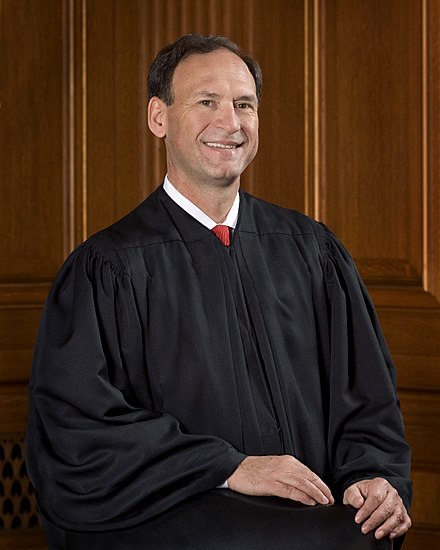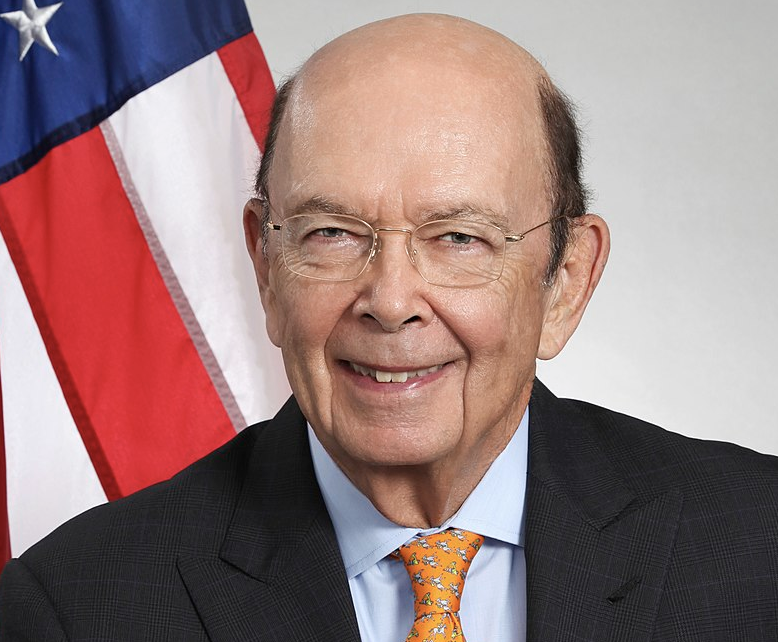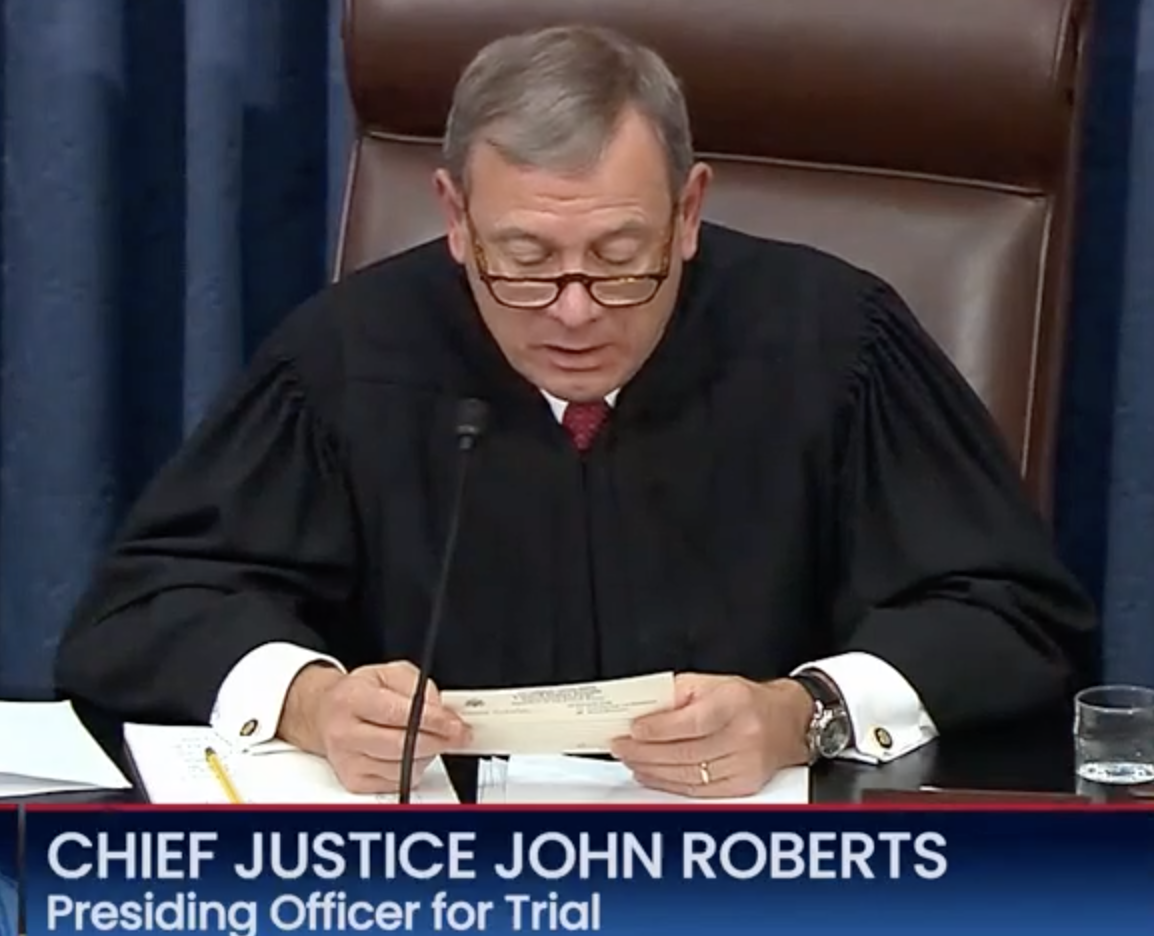Supreme Court Makes 18 USC 1512 a Paperwork Crime, But Does Not Address Corrupt Purpose
The most important SCOTUS ruling today overturned Chevron, basically giving a bunch of lifetime appointed judges who just legalized accepting gratuities for themselves power to veto regulations imposed by Executive Agencies.
But others are more expert on that opinion, so I’ll let them explain how it’ll change life in the United States for decades to come.
I am an expert on the application of 18 USC 1512(c)(2) to January 6, and so can explain the significance of Justice Roberts’ ruling that it must involve making documents unavailable to an official proceeding.
Before the ruling, I had argued the court could do one of four things:
- Leave the application in place
- Overturn its application to January 6 altogether (effectively, ruling that the vote certification was no an official proceeding)
- Limit its application to paperwork crimes
- Address the meaning of “corrupt purpose”
The court opted for option 3:
To prove a violation of Section 1512(c)(2), the Government must establish that the defendant impaired the availability or integrity for use in an official proceeding of records, documents, objects, or as we earlier explained, other things used in the proceeding, or attempted to do so. See supra, at 9. The judgment of the D. C. Circuit is therefore vacated, and the case is remanded for further proceedings consistent with this opinion. On remand, the D. C. Circuit may assess the sufficiency of Count Three of Fischer’s indictment in light of our interpretation of Section 1512(c)(2).
This has the ability of overturning most, if not all, the obstruction convictions associated with January 6.
Or it may not.
Or it may not affect those who knew of the purpose of the vote certification.
After all, there was a set of January 6 defendants convicted of obstruction who knew not just that they were trying to prevent Congress from certifying Joe Biden as President, but who also knew the thing they were trying to prevent was the certification of Biden’s electoral certificates.
If DOJ can prove a given defendant knew the import of the certifications, they may preserve some of these prosecutions.
There’s even the possibility that DOJ can successfully argue that the Jan6ers were attempting to impair “witness” testimony of members of Congress or, more importantly, Mike Pence, by scaring the bejesus out of them.
Someone whose prosecution is far less likely to be affected by this ruling is Donald Trump. That’s because he had created a set of fraudulent certifications that he intended to use to either replace Joe Biden’s real electoral certifications, or at the very least, to stall the certification of them.
It goes back to the DC Circuit to decide.
Importantly, SCOTUS left the definition of “corrupt purpose” undecided, something else on which the DC Circuit has issued unstable opinions. A review of that definition could lead to a further narrowing of the application. But there, too, Donald Trump’s charges should remain, because his efforts to remain in power after being fired fit the definition of “corrupt purpose.” Or did, before SCOTUS started chipping away at corruption law.
Update: Justice Ketanji Brown Jackson’s concurrence notes that there were documents at the core of January 6: the electoral votes, and also notes that there may have been other attempted impairment.
In my view, the Court properly interprets §1512(c)(2) in the opinion it issues today. It also rightly vacates the judgment below and remands this case for further proceedings. Joseph Fischer was charged with violating §1512(c)(2) by corruptly obstructing “a proceeding before Congress, specifically, Congress’s certification of the Electoral College vote.” App. 183. That official proceeding plainly used certain records, documents, or objects—including, among others, those relating to the electoral votes themselves. See Tr. of Oral Arg. 65–67. And it might well be that Fischer’s conduct, as alleged here, involved the impairment (or the attempted impairment) of the availability or integrity of things used during the January 6 proceeding “in ways other than those specified in (c)(1).” Ante, at 8. If so, then Fischer’s prosecution under §1512(c)(2) can, and should, proceed. That issue remains available for the lower courts to determine on remand.
Update: This language from the syllabus should make it clear that Trump’s charges should remain unscathed and there may be other ways to sustain the charges against some of the existing defendants.
For example, it is possible to violate (c)(2) by creating false evidence—rather than altering incriminating evidence. Subsection (c)(2) also ensures that liability is still imposed for impairing the availability or integrity of other things used in an official proceeding beyond the “record[s], document[s], or other object[s]” enumerated in (c)(1), such as witness testimony or intangible information.




